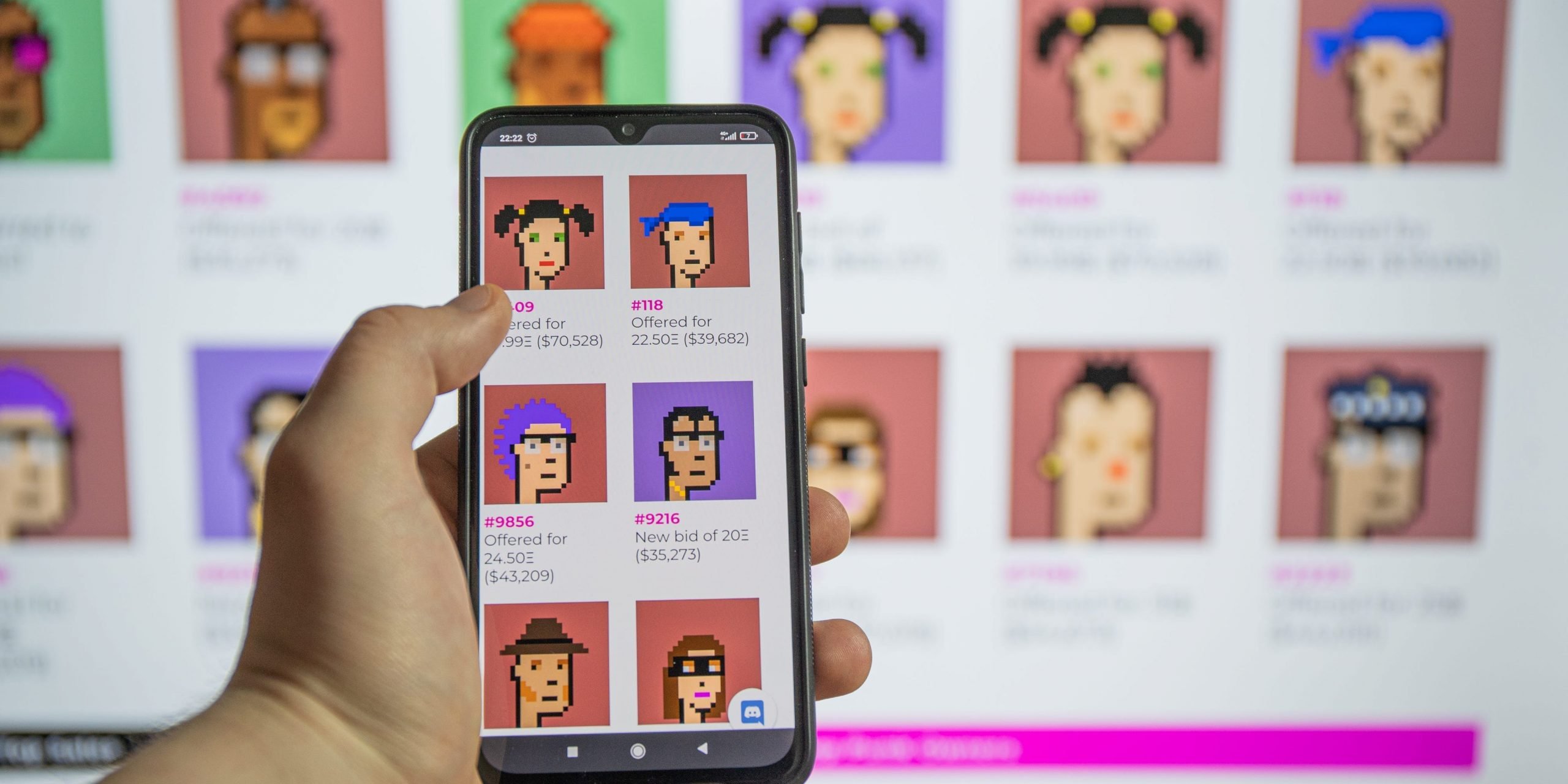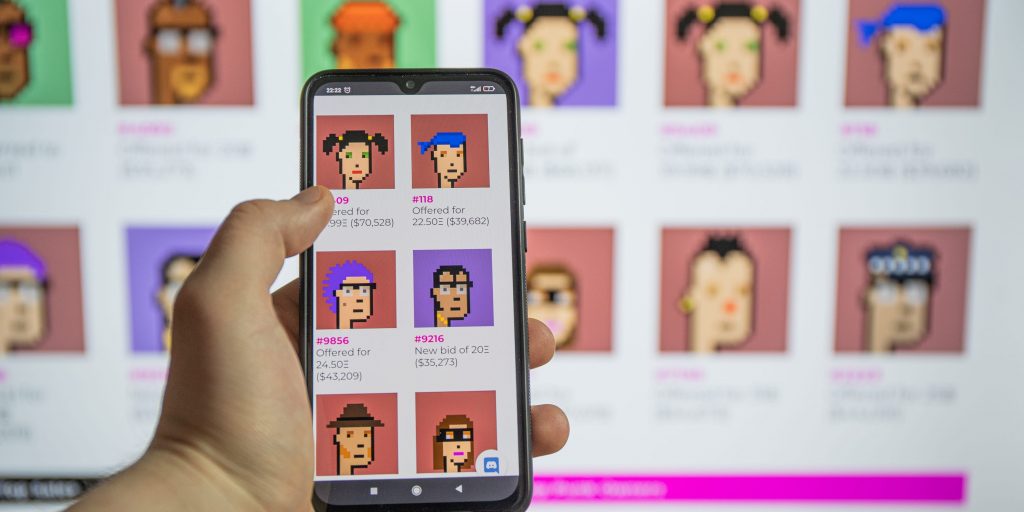
Rokas Tenys
- When the now popular CryptoPunks NFT collection launched, it went largely unnoticed.
- A Mashable article about the collection launched the digital art into the public eye.
- But the creators soon had to fix a bug in the digital art pieces, according to a Wired article.
When the now-iconic CryptoPunks NFT collection launched in mid-June of 2017, it didn't make much noise.
In fact, the public reaction was near silent, according to a Nov. 11 Wired article titled "The 10,000 Faces That Launched an NFT Revolution." Just a few people grabbed up several dozen of the colorfully funky digital faces, Wired wrote, leaving the creators feeling "sort of silly" about their now-revolutionary concept of tying digital art to the ethereum blockchain to create what we now know as nonfungible tokens, aka NFTs.
Then on June 16, 2017, a Mashable article titled, "This Ethereum-Based Project Could Change How We Think About Digital Art," was published.
People started swooping up digital punks – one man bought nearly 800 of them – and within 24 hours, all 10,000 of them were claimed, Wired said.
But then there was a "horrific" bug. When new owners would try to sell their punks, the payment didn't get to them, and the buyer then kept the proceeds and the newly purchased punk.
John Watkinson, one of the collection's creators, said it was "a complete disaster" and thought the marketplace was "toast." The creators began posting social media alerts for people to halt buying and selling. That gave them time to fix the bug and roll out a new smart contract within a few days, Wired wrote.
Billionaires and crypto enthusiasts alike now clamor to own one of the CryptoPunk NFTs, many of which are now worth millions. Billionaire Shalom Meckenzie, for example, bought a pixelated avatar of a "Covid Alien" for $11.7 million.
NFTs, though still nascent, have since grown into a booming market since the early days. In the third quarter alone, NFTs had a whopping $10.7 billion worth of trading volume, a 704% increase from the three months prior.
Celebrities and athletes have joined in on the craze by selling their own digital collectibles. And a growing number of crypto enthusiasts believe they're the key to unlocking the future of the internet - the metaverse.

